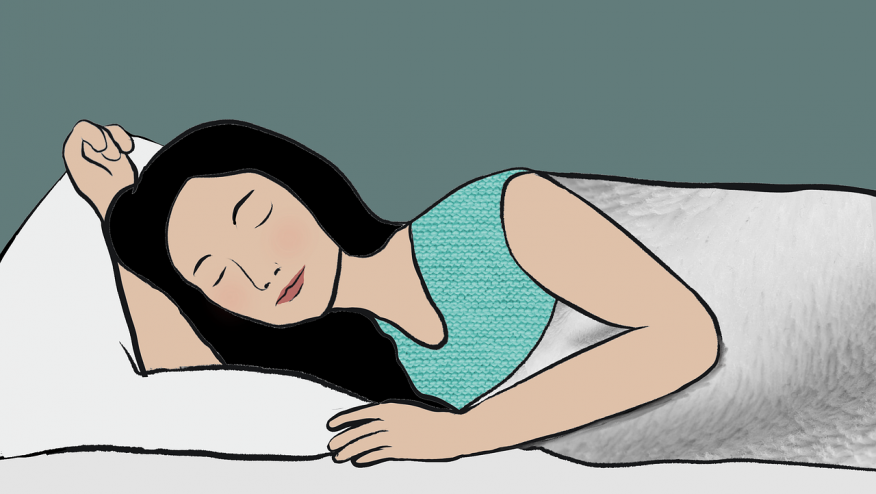Sleep Apnea in Psoriatic Arthritis – A Wake Up Call Save

Fatigue is one of the most disabling symptoms in psoriatic arthritis (PsA), yet its causes are often underexplored. At ACR 2025, Abstract #0549, a possible hidden contributor was studied: obstructive sleep apnea (OSA). In a cohort of 247 PsA patients, researchers found that 50% had diagnosed OSA by polysomnography (PSG), a rate notably higher than in the general population.
The two-stage cross-sectional study enrolled 68 adult PsA patients (69% female, mean age 46, mean BMI 29 kg/m²). In Stage 1, participants were screened using the STOP-BANG questionnaire and Epworth Sleepiness Scale (ESS). Disease activity was assessed via DAPSA and DAS28-CRP, and functional status by HAQ. In Stage 2, all high-risk patients and a random 50% sample of low/intermediate-risk patients underwent PSG.
The results were striking: OSA was confirmed in 50% of those tested, with 14% classified as mild, 19% moderate, and 17% severe. Extrapolated to the full cohort, the estimated prevalence of moderate-to-severe OSA was 36%. Sleep-related symptoms were common, with 77% reported issues such as snoring (53%) and morning fatigue (68%).
Despite this high burden, OSA showed no significant correlation with PsA disease activity or comorbidities, including BMI. This suggests that while OSA may not directly reflect inflammatory load, it contributes to the overall symptom experience, particularly fatigue and sleep disruption. While the cohort had a mean BMI of 29 kg/m², and obesity is a well-known risk factor for OSA in the general population, BMI was not identified as a statistically significant predictor in this particular study.
Two factors emerged as significant predictors of OSA: higher STOP-BANG scores (OR 2.35, p = 0.016) and older age (OR 1.13 per year, p = 0.007). BMI, while elevated in the cohort, was not independently predictive in this analysis. The limitations of this study were the absence of a control group and the lack of power to show this association.
Clinically, these findings suggest further research is needed in this area. For now, screening for sleep apnea in PsA patients can be considered, especially those with persistent fatigue, snoring, or elevated STOP-BANG scores. PSG remains the gold standard, but even simple screening tools can help identify patients who may benefit from sleep specialist referral.
This study also highlights a broader theme in PsA care: the need for multidisciplinary collaboration. Rheumatologists, dermatologists, and sleep specialists must work together to address the full spectrum of patient needs. Fatigue isn’t always inflammatory, and sleep apnea isn’t always obvious. Abstract #0549 reframes OSA as a highly prevalent but under-recognised comorbidity in PsA. It may not drive disease activity, but it shapes the lived experience.











If you are a health practitioner, you may Login/Register to comment.
Due to the nature of these comment forums, only health practitioners are allowed to comment at this time.